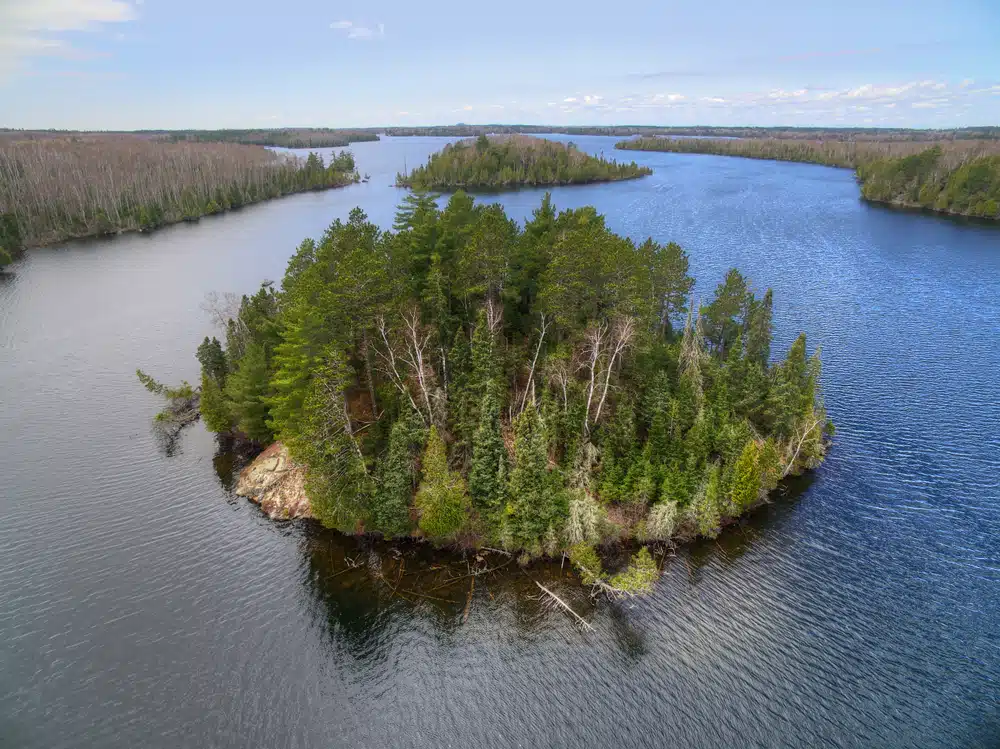In the picturesque town of Ely (Minnesota), a proposed expansion of an RV park near Miners Lake has stirred a wave of opposition.
The plan, spearheaded by owner Dean Peterson, aims to rejuvenate a once-thriving campground, increasing its capacity and adding modern amenities.
According to an Ely Echo report, Peterson aims to increase the number of RV sites from eight to 35, adding five non-permanent dry cabins, two bathhouses, a laundry facility, pavilion and a privy on the south side of the lake.
However, the local community remains divided, with concerns about property values, increased traffic, and potential disturbances.
Minnesota boasts a rich history of state parks, with the first one established over 125 years ago at Lake Itasca. These parks, from Blue Mounds in the southwest to Grand Portage near the Canadian border, showcase the state’s natural splendor. Ely, known for its mining heritage, is home to the historic Soudan Mine, which offers visitors a glimpse into the life of miners in the late 19th and early 20th centuries.
The Soudan Mine, which opened in 1882 and operated until 1962, played a pivotal role in shaping Ely’s economy and culture. Now a state park, it preserves this rich heritage, allowing visitors to venture half a mile underground and experience the mining life firsthand. This immersive experience, however, is not for the faint-hearted or those with claustrophobia.
Adjacent to the mining heritage is Bear Head Lake State Park, a haven for outdoor enthusiasts. Whether it’s hiking, wildlife viewing, or fishing, the park offers a slice of the Boundary Waters experience, complete with modern comforts. Anglers, in particular, are drawn to the park’s lakes, with walleye and trout being the prized catches.
However, some think the proposed RV park expansion has overshadowed these attractions. Many residents fear that the development, which triples the size of the existing campground, will alter the neighborhood’s character. Traffic concerns, noise, and light pollution are among the top grievances, with many questioning the need for such a large-scale project.
The city’s planning and zoning commission, after a heated public hearing, decided to table the decision. While the proposal aligns with the city’s zoning laws and vision to support businesses, the overwhelming neighborhood opposition cannot be ignored. The commission’s findings also highlighted the lack of operational RV parks in the city, suggesting a potential demand for such facilities.
Ely’s RV park expansion proposal presents a case of development versus preservation. While there are economic benefits, the community’s concerns should also not be brushed aside. As Ely continues to evolve, finding a middle ground that respects its rich heritage while embracing modernity will be the key to its future success.



It turns out that the proposed RV park expansion in Ely has led to some rather amusing protest signs popping up around the neighborhood. One particularly witty sign reads, We’d rather mine for gold than dodge RVs! It seems like the residents are taking a humorous approach to making their voices heard in this debate. 😄